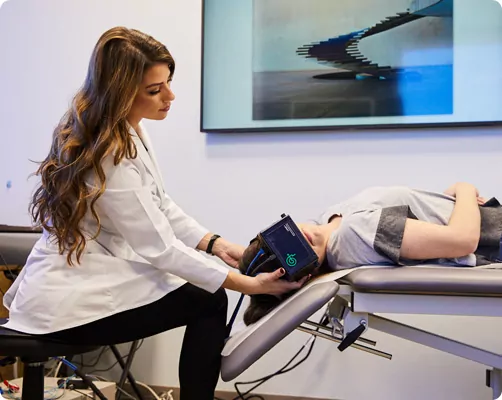Vertigo influences millions of people world wide, creating dizziness, stability problems, and a rotating sensation that can somewhat impact everyday life. vertigo medication Knowledge your treatment methods is crucial for controlling this disorder effectively.

New studies show that vertigo affects around 40% of people sooner or later inside their lives, with girls being two times as likely to have it in comparison to men. The condition becomes more frequent with era, affecting nearly 30% of people over 65.
Knowledge Different Types of Vertigo
Peripheral vertigo accounts for approximately 85% of most cases and generally originates from inner hearing problems. Key vertigo, representing the rest of the 15%, stems from issues in the mind or brainstem. The type of vertigo determines which medicines is going to be most effective.
Benign paroxysmal positional vertigo (BPPV) is the most typical type, affecting 2.4% of the overall citizenry annually. This disorder reacts effectively to specific medicines and positioning maneuvers.
Over-the-Counter Answers
A few non-prescription medicines can offer rest from vertigo indicators:
Antihistamines like meclizine are widely used for vertigo treatment. These medications perform by preventing histamine receptors in the brain that control harmony and activity sickness. Meclizine usually offers reduction within one hour of taking it.
Dimenhydrinate presents yet another over-the-counter solution, specially successful for motion-related vertigo. That medication mixes an antihistamine with a mild stimulant to lessen drowsiness while sustaining effectiveness.
Ginger products have received acceptance as an all natural remedy. Medical trials indicate that ginger may reduce vertigo symptoms by up to 38% in some patients, rendering it a feasible option for anyone seeking non-pharmaceutical options.
Prescription Medications
When over-the-counter options demonstrate insufficient, healthcare companies might prescribe stronger medicines:
Benzodiazepines such as for instance diazepam and lorazepam offer rapid sign aid but are typically recommended for short-term use for their prospect of dependency. These drugs function by depressing the main worried system.
Antiemetics like prochlorperazine help get a grip on sickness and throwing up related to severe vertigo episodes. These drugs are especially of good use when vertigo symptoms include significant gastrointestinal distress.
Corticosteroids may be given for several types of vertigo, especially when infection is suspected as the main cause. These powerful anti-inflammatory medicines provides significant aid but require careful monitoring.
Treatment Success Rates
Study suggests that medication therapy achieves sign development in around 70-80% of vertigo patients. Nevertheless, mixing drugs with bodily therapy exercises raises success costs to almost 90%.

Most individuals knowledge symptom aid within 24-48 hours of beginning appropriate treatment, however total solution will take weeks with respect to the underlying cause.
Making the Correct Selection
Choosing proper vertigo medicine depends upon symptom extent, underlying trigger, and personal individual factors. Delicate, occasional vertigo usually replies well to over-the-counter antihistamines, while persistent or severe symptoms an average of involve prescription intervention.
Visiting with a healthcare provider ensures appropriate diagnosis and therapy collection, maximizing the chances of effective sign administration while reducing possible area effects.
